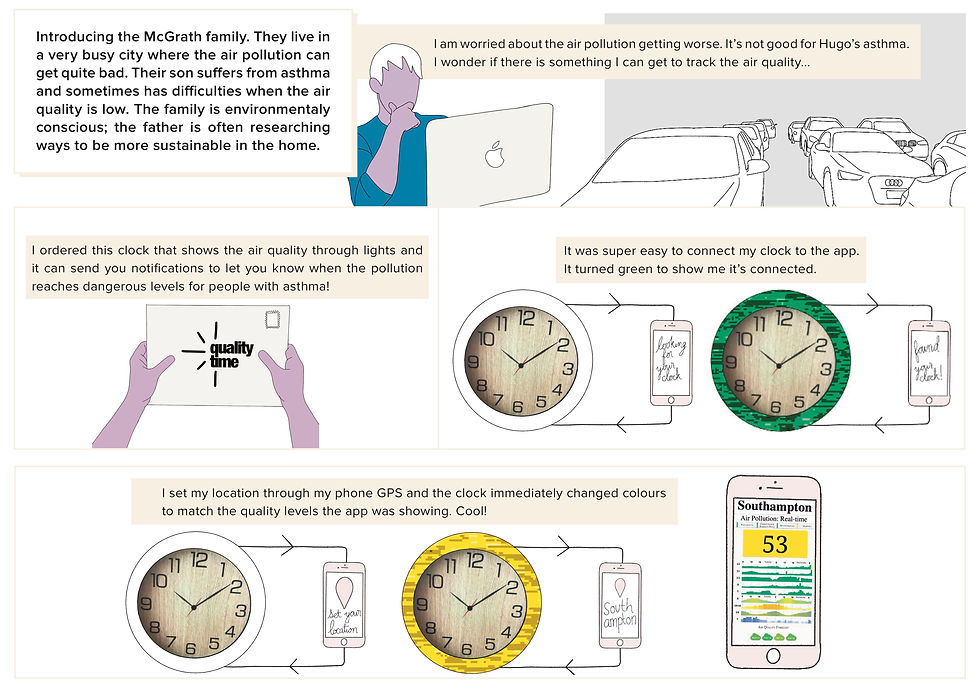001 - BAUHAUS MANIFESTO
- tiffanybachelet
- Sep 12, 2019
- 2 min read
Updated: May 4, 2020
This week we celebrated 100 years of Bauhaus, the revolutionary school of Art, Design and Architecture established by Walter Gropius in Germany. We created a modern manifesto, inspired by the Bauhaus and the values that lie within the Bauhaus : their action and advancement to make change for the future.
The Modern Bauhaus Manifesto.
The Bauhaus was born out of the aftermath and horrors of the First World War and a desire for change and redefinition of societies values. Our legacy is to build a lasting movement that slows down our need for mass production and brings our level of consciousness above consumerism and waste. We are facing an existential crisis where materials and resources are depleting beyond our personal control. By being more considerate about our choices and uses of materials from the source, we can slow down this problem. To build for the future we need to ration for our future. This needs to start now.
To make this happen, we need to pause on using new materials to create things and realise the potential of the current materials we have around us. As a team we will create things from the resources used throughout the development of our project as well as things that were going to be thrown away. We will avoid the temptation of using or buying new materials and build a great exhibition installation.
We asked everyone around us a question to plant the seed and generate a conversation around throwaway culture :
“What can you live without ?”
Our manifesto will only work outside of this exhibition if everyone works together on a global scale. An action we need to consider is to completely stop using or purchasing new materials to avoid the need for mass production in our society. Our mindset needs to change from focusing on aesthetic values to focusing on functional values and utilising every resource we currently have around us. This will take us away from the throwaway culture we are currently in.
We have taken a special focus into building furniture that could grow and change with us as our needs change, and could be interchangeable with different pieces of furniture around the home. We want to show the world that if we can product these things with waste, we therefore reduce waste in the process. Everything has value, and nothing becomes worth throwing away.
What are your thoughts on this statement : "being environmentally conscious is a choice"? Did you know that it is cheaper to buy plastic wrapped vegetables in the supermarkets than loose? Does that have an effect on your opinion?








Comments